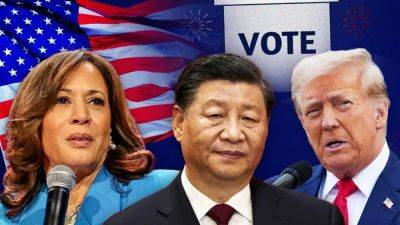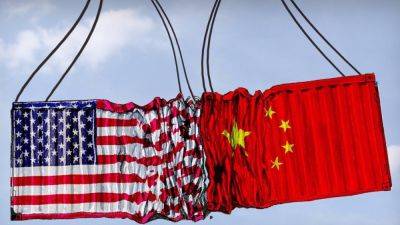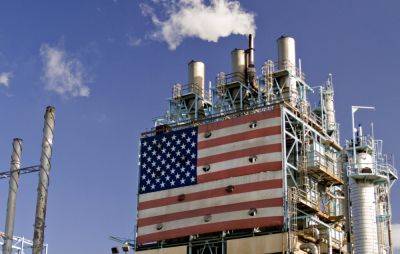Trump accuses Taiwan of stealing U.S. chip industry. Here's what the election could bring
Former President Donald Trump reiterated his frustration with Taiwan over the weekend when he appeared on "The Joe Rogan Experience" podcast and accused Taiwan of stealing America's chip industry.
Trump criticized the U.S. CHIPS Act and said he would implement tariffs on chips from Taiwan if elected president. Such tariffs would impact the global leader in chip building, Taiwan Semiconductor Manufacturing Company, whose customers include companies such as Nvidia and Apple.
Shares of Taiwan Semiconductor closed down 4.3% on Monday.
"You know, Taiwan, they stole our chip business ... and they want protection," Trump said during his appearance on the podcast, which was published Saturday.
Every hyperscaler working on their own in-house chip, including Amazon, Google and Microsoft, depends on the Taiwanese company for manufacturing. UBS analysts estimate over 90% of the world's advanced chips are manufactured by Taiwan Semiconductor. Intel and Samsung are among the companies trying to compete, but they have faced a series of setbacks.
Given the broader geopolitical concerns surrounding Taiwan and the risk of a China invasion, pressure has been growing on U.S. companies to build an alternative to Taiwan Semiconductor in the U.S.
Intel, which has emerged as a poster child for the CHIPS Act, has faced many challenges. "We want to get leading-edge infrastructure built here in the U.S., and to be honest, from a policy standpoint, it really shouldn't matter all that much who is building it," Bernstein analyst Stacy Rasgon told CNBC.
Rasgon added that the idea that Taiwan had stolen our chips industry is "ridiculous."
Taiwan Semiconductor is on tap to receive nearly $7 billion from the U.S. Commerce Department to build its Arizona foundry







